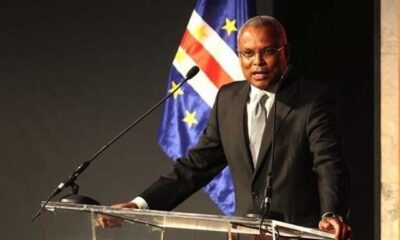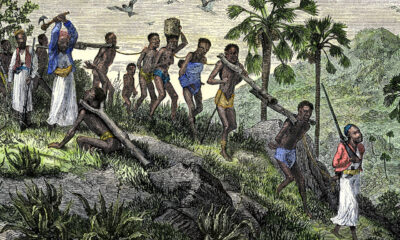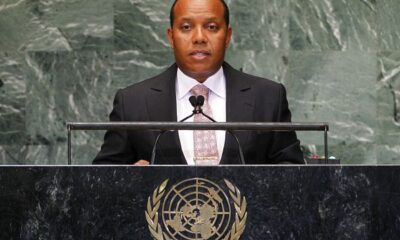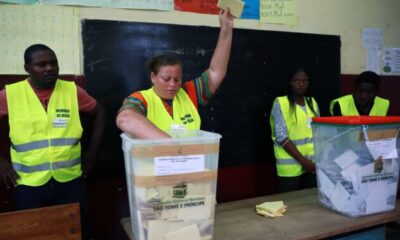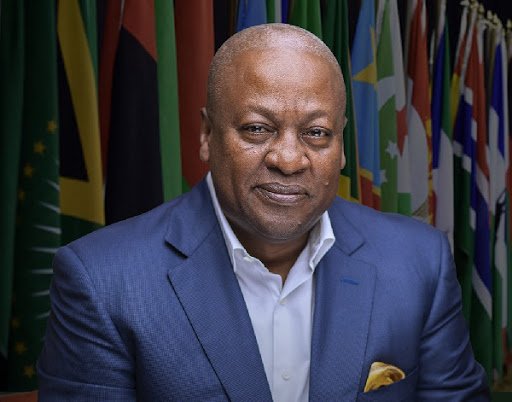The education and cultural minister of Sao Tome and Principe, an African island nation, announced on Thursday that the government would like Portugal to make up for the moral harm done by colonization.
The Sao Tome and Principe administration will draft and open a new tab for a plan to discuss compensation with Portugal, Minister Isabel Abreu said in a statement to Portugal’s Lusa news agency, adding that the process would take time.
According to Abreu, the topic will be covered at Thursday’s cabinet meeting. The request follows Portugal’s President Marcelo Rebelo de Sousa’s assertion last week, when questioned by Reuters, that his nation was accountable for atrocities done during the colonial era and transatlantic slavery and that reparations were necessary.
His remarks provoked harsh criticism from right-wing parties and a national conversation. The centre-right Portuguese government, which holds administrative authority, declared that it will not start the process of making reparations payments, in contrast to Rebelo de Sousa’s remarks, which were conservative in the first place. Rather, it demanded reconciliation.
For more than 400 years, Portuguese ships abducted around 6 million Africans, forced them across the Atlantic, and sold them into slavery, mostly in Brazil.
Two weeks ago, United Nations High Commissioner for Human Rights Volker Turk said in an address at the closing of the four-day U.N. Permanent Forum on People of African Descent (PFPAD), called on countries to take real steps toward reparations for people of African descent. He appealed while adding his voice to calls for justice for the horrible crimes committed during slavery.
During the Portuguese colonial era, Portugal ruled over nations including Angola, Mozambique, Brazil, Cape Verde, Sao Tome and Principe, East Timor, and certain Asian provinces.
Also reacting to Rebelo de Sousa’s comments, Mozambique’s ambassador to the United Nations welcomed the remarks and said that confronting the past was “already reparatory” but that it “would be even better if we could go beyond that”.
Cape Verde’s President Jose Maria Neves said on Monday there was a need for discussions to “reach an understanding and consensus on these matters”.
Anielle Franco, Brazil’s Minister of Racial Equality, informed news outlet G1 that her staff was speaking with the Portuguese authorities about the matter.
Among other reasons, reparations opponents contend that modern states and organizations shouldn’t be held accountable for slavery in the past. Advocates argue that states today continue to profit from the wealth created by hundreds of years of labor without compensation, and that action is necessary to redress the legacy of slavery on underprivileged populations.
Although it is still hotly debated, the idea of making additional amends or paying reparations for transatlantic slavery has been gaining traction globally. Reparations were required, according to UN Secretary-General Antonio Guterres, last month to end “generations of discrimination”.

 VenturesNow1 day ago
VenturesNow1 day ago
 Musings From Abroad1 day ago
Musings From Abroad1 day ago
 Metro1 day ago
Metro1 day ago
 Metro7 hours ago
Metro7 hours ago


